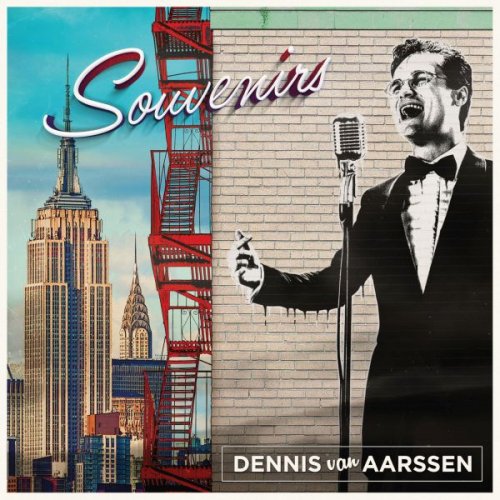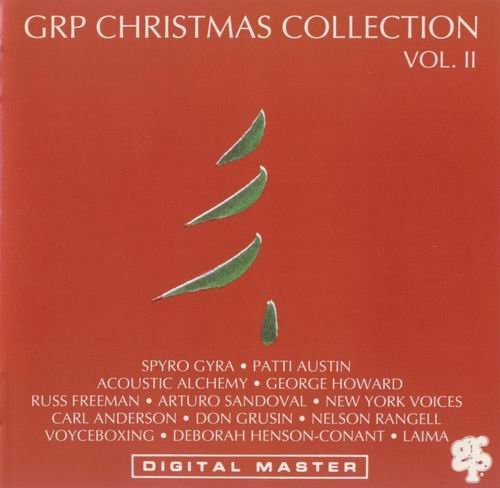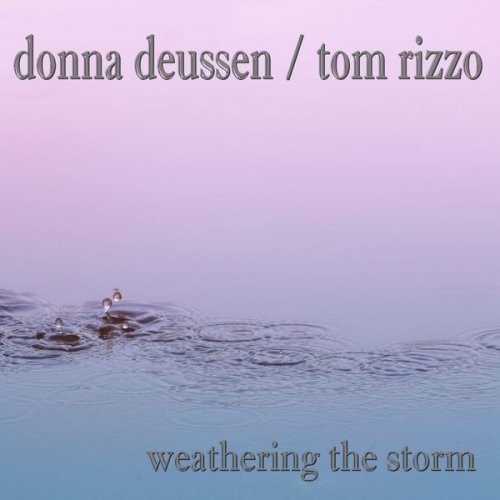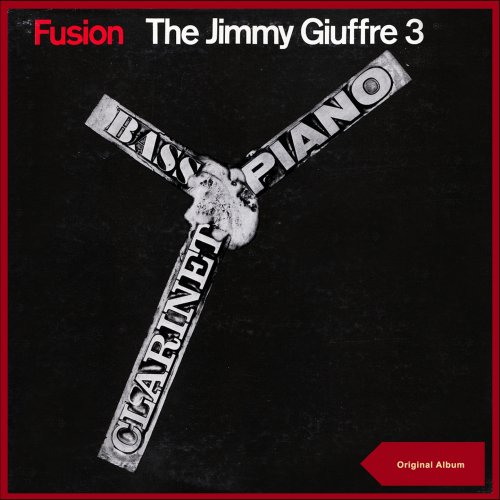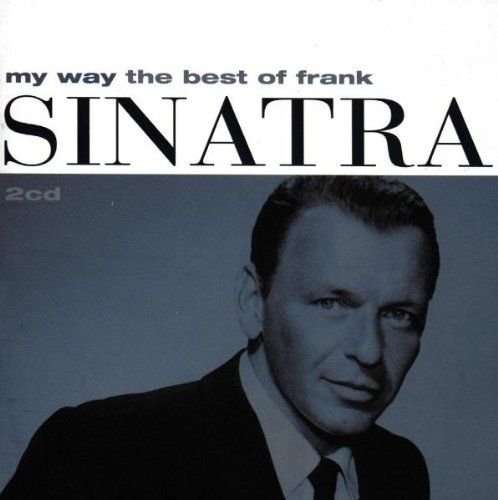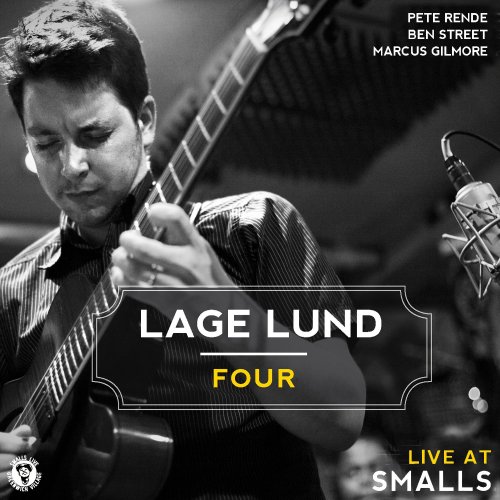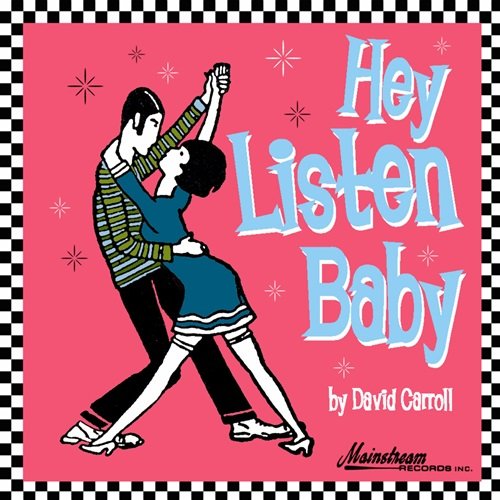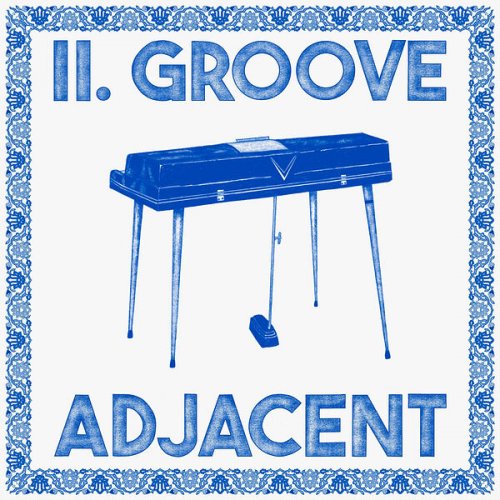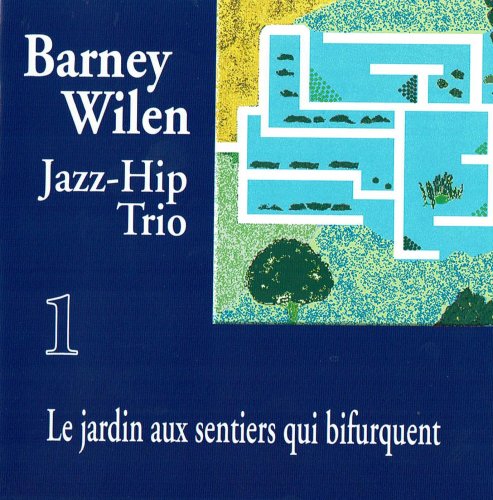Alan Wakeman - The Octet Broadcasts 1969 and 1979 (2020) [Hi-Res]
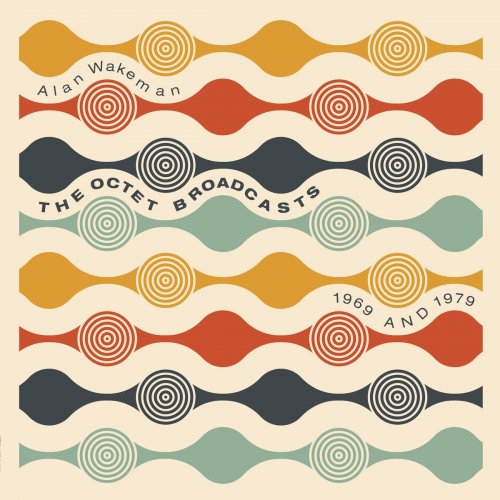
Artist: Alan Wakeman
Title: The Octet Broadcasts 1969 and 1979
Year Of Release: 2020
Label: Gearbox Records
Genre: Jazz
Quality: Mp3 320 kbps / FLAC (tracks+.cue, log, scans) / 24bit-96kHz FLAC (tracks)
Total Time: 60:00
Total Size: 138 / 395 MB / 1.31 GB
WebSite: Album Preview
Tracklist:Title: The Octet Broadcasts 1969 and 1979
Year Of Release: 2020
Label: Gearbox Records
Genre: Jazz
Quality: Mp3 320 kbps / FLAC (tracks+.cue, log, scans) / 24bit-96kHz FLAC (tracks)
Total Time: 60:00
Total Size: 138 / 395 MB / 1.31 GB
WebSite: Album Preview
1. Dreams (Intro) (0:07)
2. Dreams (10:10)
3. Forever (Intro) (1:01)
4. Forever (8:10)
5. Merry-Go-Round (Intro) (0:54)
6. Merry-Go-Round (8:52)
1. Charles Fox Introduction (2:55)
2. Chaturanga (6:42)
3. Manhattan Variation (7:59)
4. Vienna (5:38)
5. Robatsch Defense (1:10)
6. Kingside Breakthrough (5:58)
7. Charles Fox Conclusion (0:32)
"British jazz at its best" - Stuart Nicholson, Jazzwise
"There is no-one who can touch us quite so deeply on a ballad, or raise the temperature on stage with such reckless abandon when the mood takes him." - Mike Westbrook
“The next young generation of British jazz” has been applied many times to London’s current jazz scene, but this headline from Melody Maker was also used to describe Alan Wakeman and his band back in 1970. And if a prototype for Binker and Moses' viscerally energetic, semi-free sound is sought, you would be hard pressed to find a closer relative than the second part of climactic Disc 1 highlight 'Dreams'.
The Octet Broadcasts is made up of two BBC sessions from 1969 and 1979 respectively. Taken and mastered from the original analogue tapes by Gearbox, the album offers a snapshot of a time when British jazz was at another high, featuring such names as John Taylor, Alan Skidmore, Paul Lytton, and Art Themen, who themselves were contemporaries of and collaborated with the likes of Evan Parker, Michael Garrick, Ian Carr, and Roscoe Mitchell.
Wakeman, influenced by Duke Ellington and Charles Mingus and mentored by Mike Westbrook, was composing singular, large ensemble pieces at a time when jazz had long left the limelight and rock was in the foreground. His brand of warm, pastoral jazz, reminiscent of brass bands and traditional chorales whilst also fit to bursting with free improvisation and dramatic motifs, is representative of a magical period in British jazz which deserves to be unearthed and heard again.
"There is no-one who can touch us quite so deeply on a ballad, or raise the temperature on stage with such reckless abandon when the mood takes him." - Mike Westbrook
“The next young generation of British jazz” has been applied many times to London’s current jazz scene, but this headline from Melody Maker was also used to describe Alan Wakeman and his band back in 1970. And if a prototype for Binker and Moses' viscerally energetic, semi-free sound is sought, you would be hard pressed to find a closer relative than the second part of climactic Disc 1 highlight 'Dreams'.
The Octet Broadcasts is made up of two BBC sessions from 1969 and 1979 respectively. Taken and mastered from the original analogue tapes by Gearbox, the album offers a snapshot of a time when British jazz was at another high, featuring such names as John Taylor, Alan Skidmore, Paul Lytton, and Art Themen, who themselves were contemporaries of and collaborated with the likes of Evan Parker, Michael Garrick, Ian Carr, and Roscoe Mitchell.
Wakeman, influenced by Duke Ellington and Charles Mingus and mentored by Mike Westbrook, was composing singular, large ensemble pieces at a time when jazz had long left the limelight and rock was in the foreground. His brand of warm, pastoral jazz, reminiscent of brass bands and traditional chorales whilst also fit to bursting with free improvisation and dramatic motifs, is representative of a magical period in British jazz which deserves to be unearthed and heard again.
